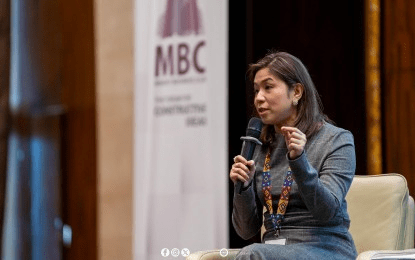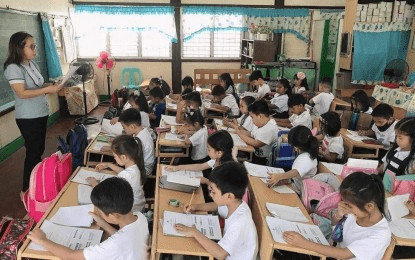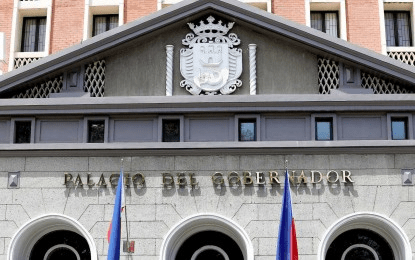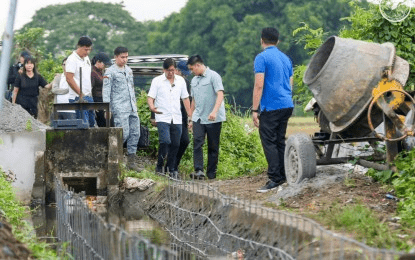By Ruth Abbey Gita-Carlos
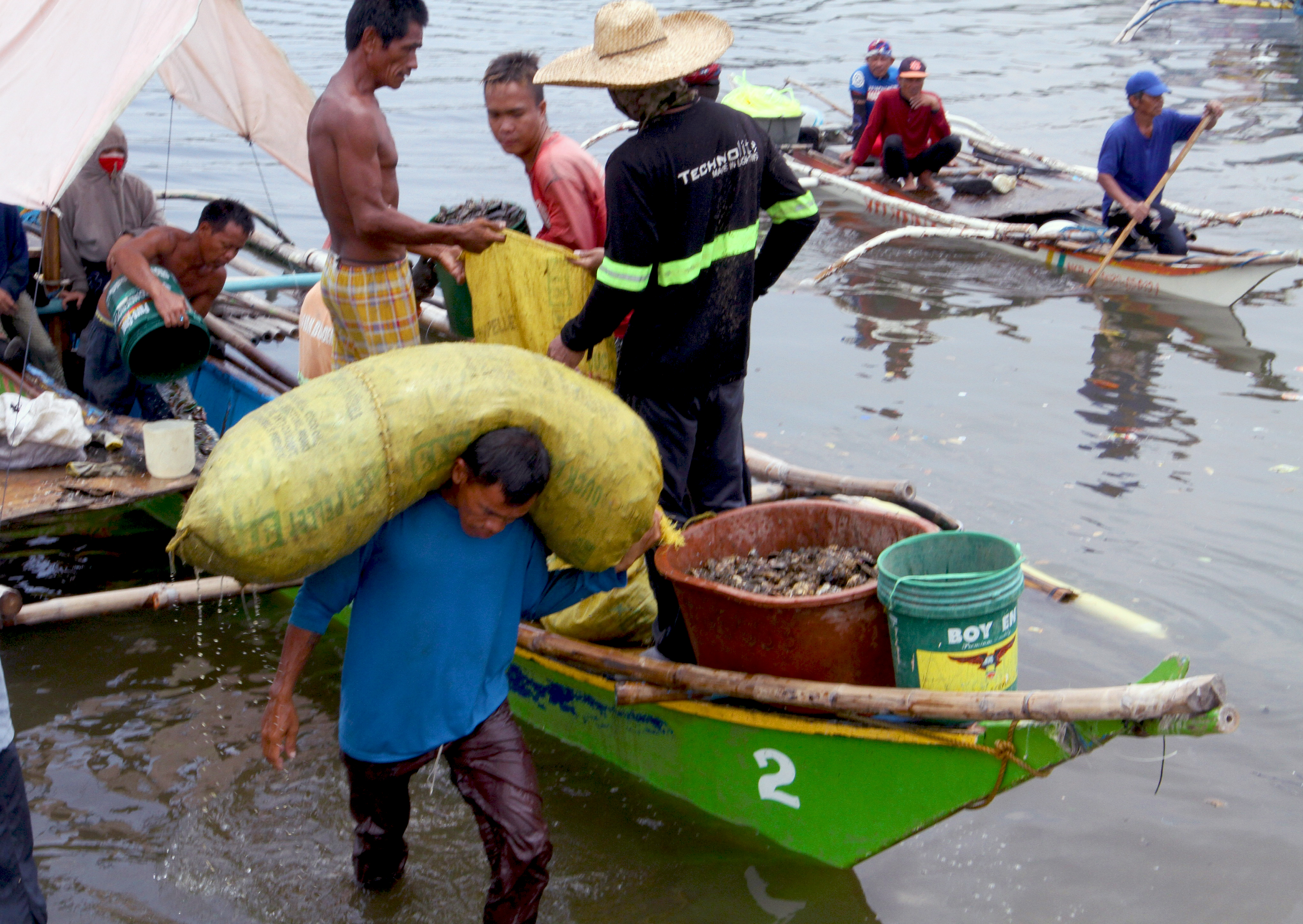
MANILA – President Ferdinand R. Marcos Jr. on Thursday urged Filipinos to draw lessons from history as a guide for leadership and citizenship, underscoring peace and unity.
In his message for Ninoy Aquino Day, Marcos said the annual observance “brings to light a chapter in our nation’s shared story that continues to echo across generations and public memory.”
He said the passage of time has given Filipinos “greater clarity and deeper perspective” in looking back on Aquino’s legacy.
“Our commemoration achieves meaning when the lessons of the past are reflected in our actions and in the moral architecture of institutions. In honoring this day, the Republic signals its readiness to uphold leadership that strives towards wholeness and reconciliation,” Marcos said.
“Through this observance, we advance the work of statecraft: disciplined, steady, and shaped by the enduring imperative to choose peace above quarrel, and dignity beyond differences,” he added.
Marcos reflected on how the Philippines has undergone a transformation in decades—defined by broader discourse on power, memory, and citizenship.
The transitions, he stressed, were moments when Filipinos chose to meet history with resolve.
“As someone raised within a political tradition formed by these moments, I have come to understand that history offers less final judgment than continuing instruction. It sharpens how we serve, how we listen, and how we bear the weight of an office with a greater purpose moving forward,” Marcos said.
The President emphasized that the commemoration should not only honor the past but also challenge present and future leaders to govern with “sobriety, conscience, and foresight.”
“History invites reflection more than reaction, and from that reflection arises a clearer understanding of civic duty,” he said.
Ninoy Aquino Day, observed every Aug. 21, marks the assassination of former Senator Benigno “Ninoy” Aquino Jr. in 1983 at the Manila International Airport.
His death sparked massive protests that eventually led to the 1986 People Power Revolution. (PNA)

